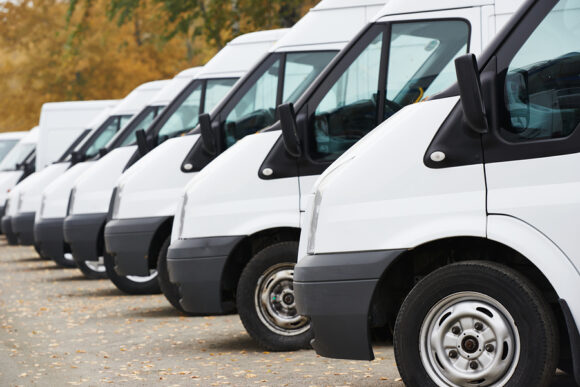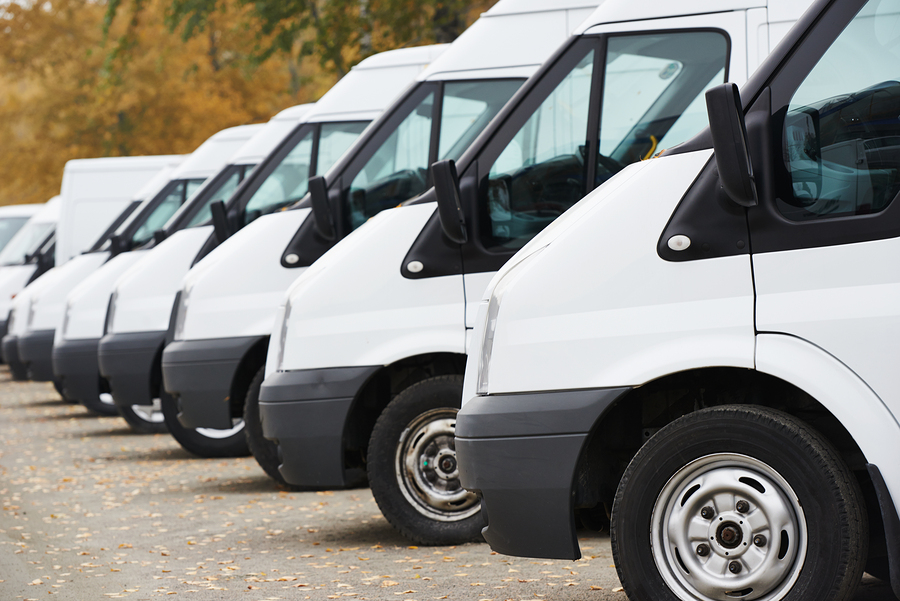Commercial auto insurance has struggled to achieve underwriting profitability, even before inflationary conditions affected property/casualty lines in recent years. The trend has been accompanied by steady growth in net written premiums (NWP), according to the Insurance Information Institute (Triple-I), an affiliate of The Institutes.
In its “Commercial Auto: Trends and Insights“, Triple-I indicates the declines in underwriting profitability, despite relatively steady growth in premiums written, have been driven by several causes including that vehicles have become increasingly expensive to repair.
Litigation trends have also had an impact, the report noted.
Excessive injury and fatalities contribute to increased attorney involvement leading to higher claim-related expenses due to larger settlements and protracted litigation.
Nationally, commercial auto defense and cost containment (DCC) expenses – a key measure of the impact of litigation on insurers – has nearly tripled over the past decade, the report stated.
A recent study “Increasing Inflation on Auto Liability Insurance – Impact as of Year-End 2023”, conducted by Triple-I and the Casualty Actuarial Society (CAS), found that between 2014 and 2023, increasing inflation drove auto liability losses and DCC up by a range of $118.9 billion to $137.2 billion, or 9.9 percent to 11.5 percent of the $1.2 trillion in net losses and DCC for the period.
The estimates for 2014 through 2019 occurred in a period of stable economic inflation, providing strong evidence that the inflationary total for those years, $21 billion, is attributable to “social inflation” – excessive inflation in claims caused by, among other factors, policyholder or plaintiff attorney practices that increase the costs and time required to settle insurance claims to the detriment of consumers, the report noted.
“Increasing economic and social inflation continues to profoundly influence escalating insurance costs,” said Dale Porfilio, FCAS, MAAA, chief insurance officer at Triple-I. “This contributes to higher prices for personal auto insurance plus the goods and services consumers buy every day,” said Porfilio, a co-author of the Triple-I/CAS whitepaper.
For commercial auto liability, the increase in losses and DCC was in a range of $42.7 billion to $55.8 billion, or 20.7 percent to 27 percent of the total, higher than the previous study’s range of $35 billion to $44 billion.
According to the study, claim severity rose 78 percent from 2014 to 2023, a compound annual growth rate of 6.6 percent. By comparison, the CPI for All Urban Consumers rose less than half as fast in that time, 29 percent, a compound annual inflation rate of 2.8 percent, the report added.
“The decrease in frequency shows that the accident rate is not contributing to the increase in commercial auto liability losses,” said Porfilio. “If anything, it is a mitigating cause. The fact that claim severity is rising faster than economic inflation indicates that insurers have faced inflationary factors that far outstrip general inflation trends.”

